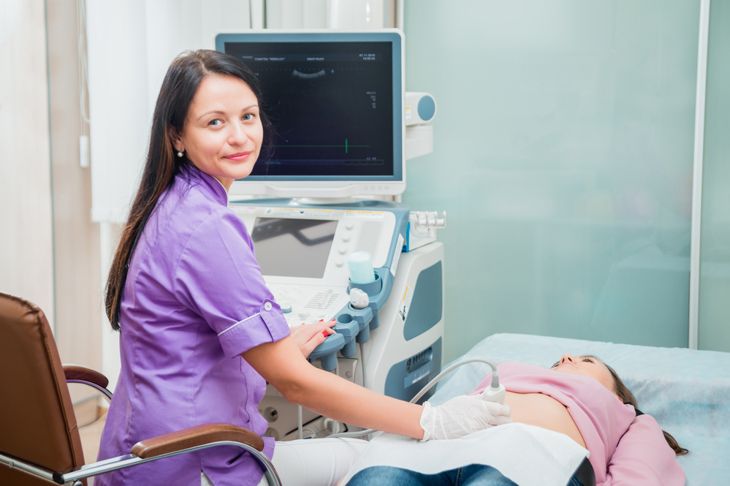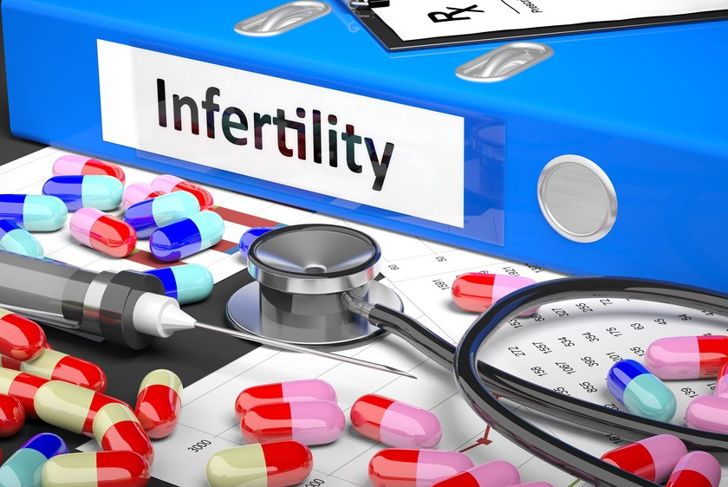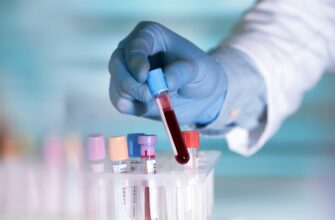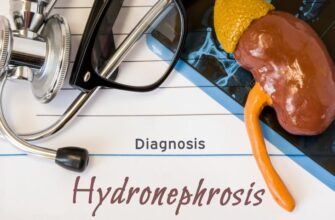Polycystic Ovarian Syndrome or PCOS is a prevalent, hormone-based condition. It’s an illness that affects numerous women across the world. People with a polycystic ovarian syndrome have an imbalance in their hormone production. The out of whack hormones affect the body in multiple different ways and cause numerous symptoms to manifest signaling the onset of PCOS. From the nature and frequency of the menstrual cycle to body-hair growth patterns and skin quality, this condition produces mild discomfort in the best case scenario and may get moderately incapacitating in severe cases. The following is a list of facts about polycystic ovarian syndrome that will give you a more in-depth understanding of the characteristics of this health condition.
Prevalence of Polycystic Ovarian Syndrome
PCOS is the most widespread endocrine disorder in the world today. One in ten women have PCOS, and the illness affects women during their reproductive years. Research suggests that specific genetic factors play a role in the development of PCOS. Medical science has yet to prove it’s hereditary, but PCOS runs in families. You may also be more at risk if you have Type 1, Type 2, or gestational diabetes. Women who are thirty years old and past puberty are most commonly affected. The risk of developing the condition decreases with age. People with low-grade white blood cell inflammation are also at a higher risk for PCOS.
A Tricky Diagnosis
Research suggests that a polycystic ovarian syndrome is a group of disorders with various causes. People with the syndrome experience an overproduction of the hormone androgen. Diagnosis of this condition can be tricky because it’s an illness of exclusion. Doctors rule out other sicknesses before deciding you’ve got polycystic ovarian syndrome. There are many criteria physicians utilize when diagnosing PCOS. Irregular periods are often the first sign. However, this symptom alone doesn’t determine if you have the illness. Doctors will use an ultrasound to check for fluid-filled sacs (follicles) There are three criteria doctors use when diagnosing PCOS which surround the eggs in your ovaries. Lastly, you will also have an excess of the hormone androgen, sometimes called a male hormone. They’re usually found in low levels in women, but become much more highly concentrated in women with PCOS.
Early Diagnosis
Early diagnosis is important with PCOS to lower the risk of cardiovascular complications. It’s imperative to call your doctor if you have unexplained menstruation symptoms. If you’re experiencing infrequent menstrual cycles, irregular vaginal bleeding, thirst, excessive urination, mood swings, excessive hair growth, or unexplained weight gain it’s time to call your doctor. A number of different conditions may cause these symptoms, but if you’re experiencing more than one symptom, it’s recommended to consult a medical professional as soon as possible. PCOS is an indicative risk factor for premenopausal endometrial cancer and atypical endometrial hyperplasia. All of these illnesses can damage a woman’s fertility. Early diagnosis helps prevent irreparably harming the reproductive organs.
Infertility
PCOS occurs when there is a hormonal imbalance in the ovaries. The excessive androgen hormone averts the ovaries ability to release the eggs, and the woman doesn’t menstruate normally. A woman’s eggs don’t become fully mature with this imbalance. As a result of the excessive follicles remain attached to the ovary as fluid-filled sacs. As a result, the body doesn’t produce the necessary hormone progesterone. This hormonal shortage slows down healthy ovulation and results in infrequent or missed menstrual cycles. Infertility is a more extreme case of this when ovulation stops entirely. Women with PCOS experience a higher risk of developing gestational diabetes, preeclampsia, or the likelihood of having a miscarriage. Babies born to women with PCOS are prone to macrosomia.
Complications of PCOS
It may come as a surprise to learn that PCOS is often responsible for heart problems when left untreated. A polycystic ovarian syndrome can cause a variety of conditions, including heart disease. This is due to high levels of insulin present in the woman’s body. PCOS can also cause sleep apnea, depression, anxiety, and diabetes. PCOS can also result in metabolic syndrome and cholesterol imbalances. It’s important to understand the possible complications when this syndrome is left untreated. Many times a general practitioner isn’t prepared to give a proper diagnosis of PCOS. Endocrinologists who dedicate their professional lives to the study of human hormones and their imbalances understand the complex nature of the disease and can offer holistic treatment.
Acne, Hirsutism, and Weight Gain
An imbalance of androgen or male hormone in the ovaries of people with PCOS often results in unwanted hair growth. Hirsutism is a condition where excess hair grows on the back, buttocks, chest, and face. There are several methods of eliminating unwanted hair, from laser hair removal to shaving regularly. Many women with PCOS also suffer from oily skin, acne, weight gain, and hair loss from the scalp. The condition can cause irregular periods or a total absence of menstruation. A polycystic ovarian syndrome also increases the chances of developing high cholesterol and type 2 diabetes later in life.
Managing PCOS
Managing a polycystic ovarian syndrome is best served by weight loss and a healthy diet and active exercise routine. Ironically, PCOS inhibits the production of the chemicals ghrelin and leptin which signal to your brain that you’re full and that it’s time to stop eating. However, losing just five percent of your body weight can help relieve many symptoms of a polycystic ovarian syndrome. There are medicines which may help hinder excessive hair growth, irregular periods, and fertility problems. In severe cases, an uncomplicated surgical procedure called laparoscopic ovarian drilling is performed to manage the disease. Laparoscopic ovarian drilling is when a surgeon uses a laser’s heat to destroy the follicles surrounding the eggs.
Healthy Lifestyle
Weight gain is a prevalent issue with PCOS. Eating a balanced diet can help satisfy your hunger needs and maintain a healthy weight. Exercising every day can help lower your risk of cardiovascular complications. You can choose a low-impact exercise, or adrenaline packed routine; it doesn’t matter how you exercise as long as you get out there and do it. Studies have shown if you set humble goals that you’re more likely to achieve your aims. Also, taking your time to discover a physical activity which you genuinely enjoy will help you create a healthy habit that you can sustain for the rest of your life.
Quit Smoking
Studies have shown that women who smoke cigarettes have a higher level of androgens in their system. These are the pesky hormones responsible for most of the physical symptoms of PCOS, including excessive hair growth and acne. Androgens also contribute to weight gain. While quitting smoking won’t make all of the symptoms go away, but it’ll most likely lower the severity and frequency of the symptoms. Quitting smoking lowers your risk of cardiovascular complications with PCOS, and reduces the risk of contracting certain cancers. Research connects fertility problems with smoking tobacco which may contribute to the symptoms brought on by PCOS.
Coping with a Polycystic Ovarian Syndrome
There are several online support groups, as well as groups that meet together throughout the nation. Women with PCOS commonly experience depression and anxiety. There are some dedicated support groups and helplines available to you. Check with your doctor to find a support group near you. Remember, you are not fighting this alone. Meditation and yoga may help decrease the severity of depression and anxiety. Meditation has shown to have multiple beneficial effects to cope with pain, feelings of sadness, and overcome stress.

 Home
Home Health
Health Diet & Nutrition
Diet & Nutrition Living Well
Living Well More
More




















